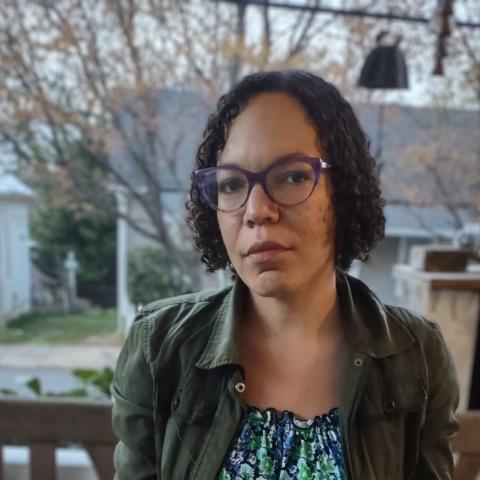
Current evidence suggests the existence of a sensitive period for language learning: those who begin learning a second language during late adolescence or adulthood very rarely achieve the high levels of fluency that are typical in those who begin learning the language as children. Yet not all people are equally vulnerable to these age effects: people who score high in an ability known as language aptitude can sometimes reach high fluency even as later learners, and there is even evidence that aptitude might make a difference in outcomes for younger second-language learners.
Many questions remain unanswered about exactly how language aptitude should be defined and measured, and whether it is a fixed, innate ability or could be improved through training, with evidence suggesting that gains in working memory could enhance language aptitude, and that bilingualism is associated with both better language aptitude and working memory. If language aptitude can in fact be improved through training, what does that mean for our understanding of limitations and potential for adult language learners?
The present study aims to build on the existing research through a relational study wherein college-level Spanish students and medical interpreters complete a battery of tests measuring Spanish language proficiency, working memory, and two experimental measures of language aptitude to assess (a) how variables on these measures are related, (b) whether there are different relationships at different difficulty levels as found in previous research, and (c) whether those relationships are different depending on childhood Spanish exposure.
Diana Robson is a Fleer student and former restaurant manager graduating in May with a BA in Spanish and Psychological Sciences. Though she still earns her living in restaurants, during her time at Salem she has also volunteered as a translator for the Perkins Institute for the Blind, currently volunteers as an interpreter for the Community Care Center and is a psychology tutor at the QUEST center. After taking a year off to focus on work and to travel, she hopes to continue her education at the postgraduate level and to continue studying bilingualism and language acquisition.